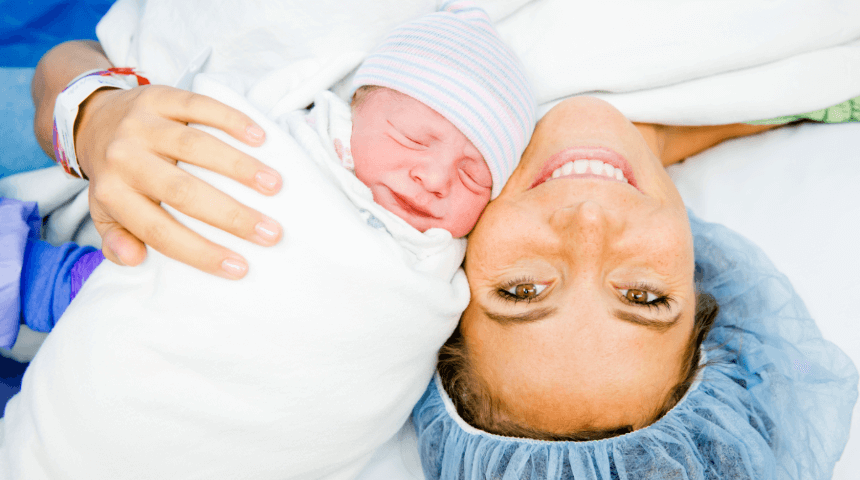How many children do you have? It may seem like a simple question, but for women who have endured a miscarriage or stillbirth, that question can bring sadness and pain. Even if they now have other children, the child (or children) lost is not forgotten.
One in four pregnancies ends in miscarriage—that’s not one in four women will have a miscarriage, but that in all pregnancies, 25 percent of them will end in grief.
Sydney Leroux, professional soccer player for Orlando Pride, recently posted her own story of pregnancy loss on Instagram. The statistic of losing a baby is 1 in 4, she said, which means so many women are going about their day, trying to bury their grief and pain. “I want to tell my truth in hopes that other women like me don’t feel so alone,” she said in her post.
Although parents think about the child who was lost throughout the year, each October during National Pregnancy and Infant Loss Remembrance Month provides an opportunity for them to more publicly acknowledge their loss and share their stories.
Rachel Lewis, who had five miscarriages in four years, commemorated National Pregnancy and Loss Remembrance Month by publishing a series of stories on her blog with the title, “I am 1 in 4,” which Leroux referenced in her Instagram post.
Lewis wanted to highlight the fact that so many women struggle with the pain of the loss of a pregnancy. It could be a co-worker, a family member, a barista or you. It may not be obvious that someone is dealing with a loss, Lewis posted.
If your parents die, you’re called an orphan, one mom explained. If your spouse dies, you’re a widow or widower. But there’s no term for being a parent whose child has died. It’s a silent grief, she said.
“Giving a voice, a name and a face to pregnancy loss is one of the most meaningful contributions I feel I can make in this world,” Lewis wrote.
About Pregnancy Loss
While the loss of a baby is devastating no matter when it occurs, it is often described by the point in which it happens.
A miscarriage is defined as a loss before the 20th week of pregnancy. If the loss occurs at or after the 20th week or during delivery, it is defined as a stillbirth.
When a pregnancy loss does occur, it is important to get the support you need. Each person affected may grieve differently and have different needs. The March of Dimes suggests enlisting people to talk with, including your provider, a social worker, a grief counselor and your religious or spiritual leader. Also, a support or bereavement group can be helpful as the members may be experiencing similar situations and emotions.
A loss of a pregnancy, the loss of a baby, the loss of a dream is never going to be easy. Being able to acknowledge your loss and pain — and leaning on others for support — can help you make it through, day by day.




